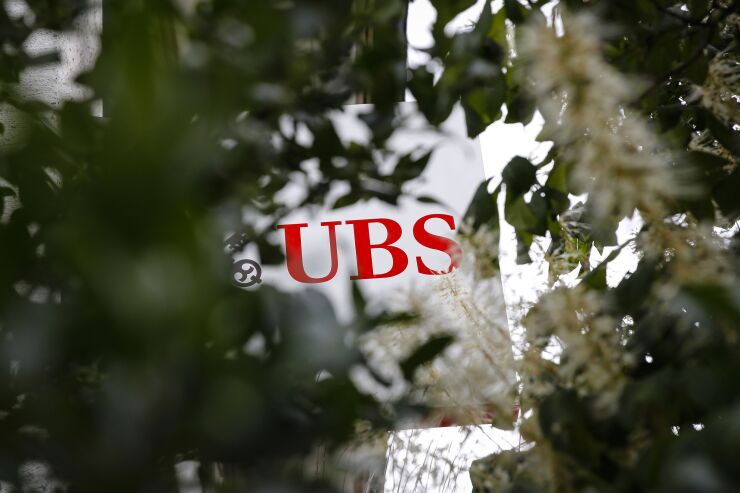UBS must pay more than $10 million to resolve charges that it engaged in a so-called flipping scheme, improperly allocating bonds meant for retail customers to “flippers” who then immediately resold the bonds to other broker-dealers at a profit.
The SEC alleges that UBS registered representatives were involved with “flipping” and they knew or should have known those individuals were not eligible to gain priority in obtaining newly issued bonds, violating multiple municipal securities rules. The SEC also found that UBS reps facilitated over 2,000 trades with flippers, which allowed UBS to obtain its own inventory, circumventing the priority of orders set by issuers and improperly getting a higher priority in the bond allocation process.
“Retail order periods are intended to prioritize retail investors’ access to municipal bonds and we will continue to pursue violations that undermine this priority,” said LeeAnn G. Gaunt, chief of the Division of Enforcement’s Public Finance Abuse Unit.
The priority of orders is set by the issuer and can vary issuer to issuer. It establishes the sequence in which bonds will be allocated. That priority is important since orders for bonds in a primary offering can often exceed the number of bonds available. Orders from individual retail investors have the highest priority.
UBS did not admit nor deny the SEC’s findings.
In a statement, UBS said it was pleased to resolve the matter. It noted that past action predates the launch of UBS’ new public finance business in 2017 and adoption of enhanced systems and procedures.
The SEC also settled proceedings late Monday against UBS registered representatives William Costas and John Marvin, who the SEC said negligently submitted retail orders for muni bonds on behalf of their flipper customers. The SEC also said Costas helped UBS bond traders improperly obtain bonds for UBS’s own inventory through his flipper customer.
Both agreed to settle charges while neither admitting nor denying the SEC’s findings.
The SEC said that between August 2012 and June 2016, UBS violated retail order period restrictions in new-issue muni bond offerings it distributed by allocating bonds intended for retail customers to customers known as “flippers.” UBS improperly allocated bonds to flippers on hundreds of retail orders, the SEC said.
UBS also improperly negotiated new-issue bonds for UBS’s inventory by indicating interest with flippers who then placed customer orders with the underwriting syndicate. That was instead of UBS submitting dealer orders directly with the syndicate on its own behalf. Therefore they circumvented the priority of orders and gave UBS access to a higher priority in the bond allocation process, the SEC said.
During that time, Chris Rosenthal, a UBS representative, allegedly submitted the majority of ineligible retail orders on behalf of Core Performance Management and RMR Asset Management Company, when he knew, or was reckless in not knowing, those orders did not qualify for retail priority, the SEC said.
“Rosenthal knew CPM and RMR were engaged in flipping new issue municipal bonds,” the SEC wrote in the order. “Rosenthal often included zip codes with the retail orders for CPM and RMR that were not associated with the relevant CPM or RMR account. Rosenthal would either receive the fraudulent zip code from CPM and RMR, or, in some instances, would look up a zip code on his own that would meet the issuer’s definition of retail priority.”
Costas and Marvin allegedly submitted ineligible retail orders on behalf of CPM, the SEC said.
Between April 2015 and June 2016, Jerry Orellana, a former executive director and municipal bond trader at UBS and who worked on the firm's syndicate desk, submitted some of the retail orders from Costas, Marvin and Rosenthal to syndicate members when he should have known those orders were ineligible for retail priority, the SEC said.
Over a four-year period, UBS made a profit of about $5.2 million from reselling bonds it had obtained through CPM and RMR.
This is one of many actions the SEC has taken regarding flipping. In August, 2018, the SEC
In September 2019, the SEC
In April 2020, the SEC settled charges with Boenning & Scattergood and two of its registered representatives for improperly obtained new-issue muni bonds.






